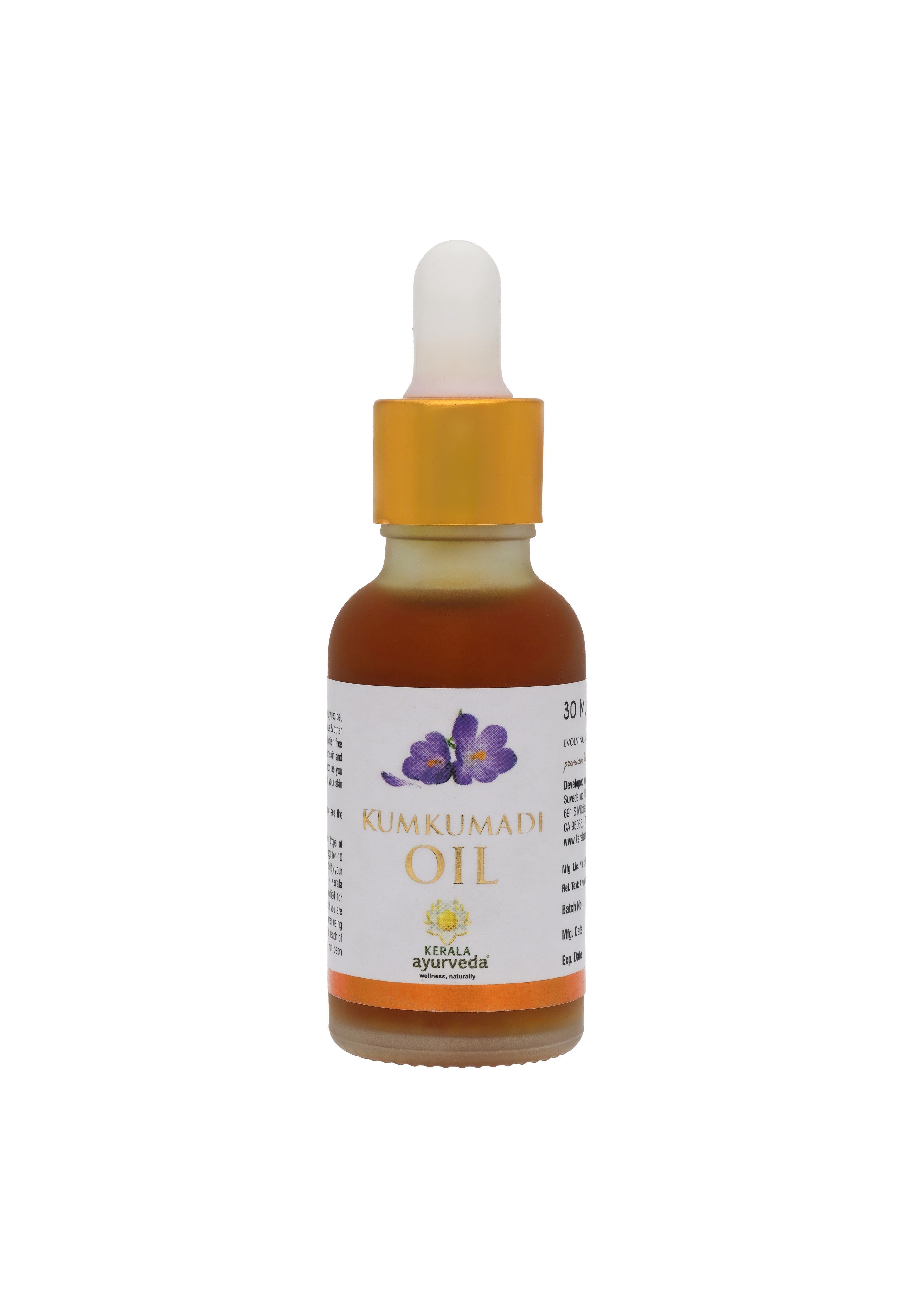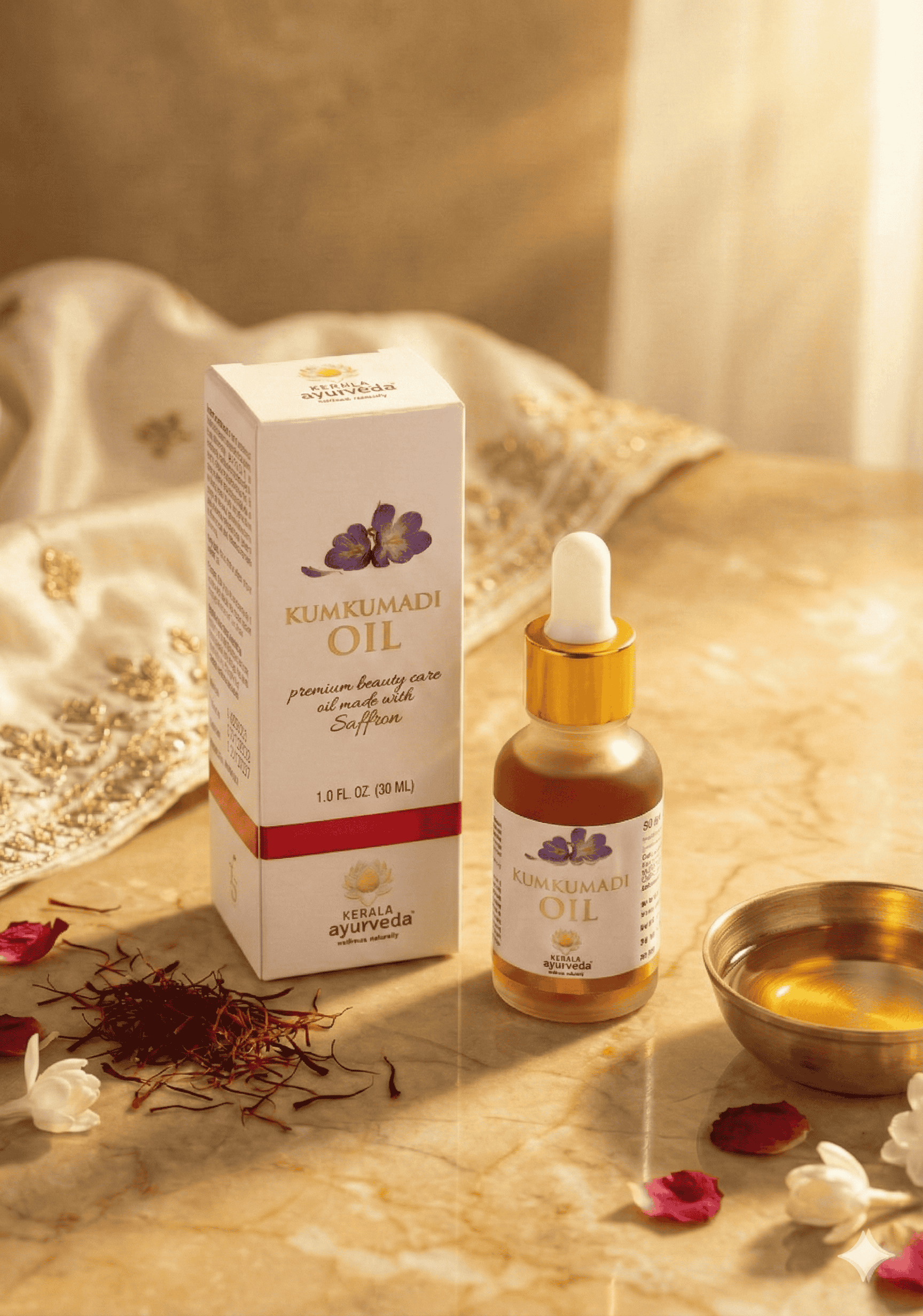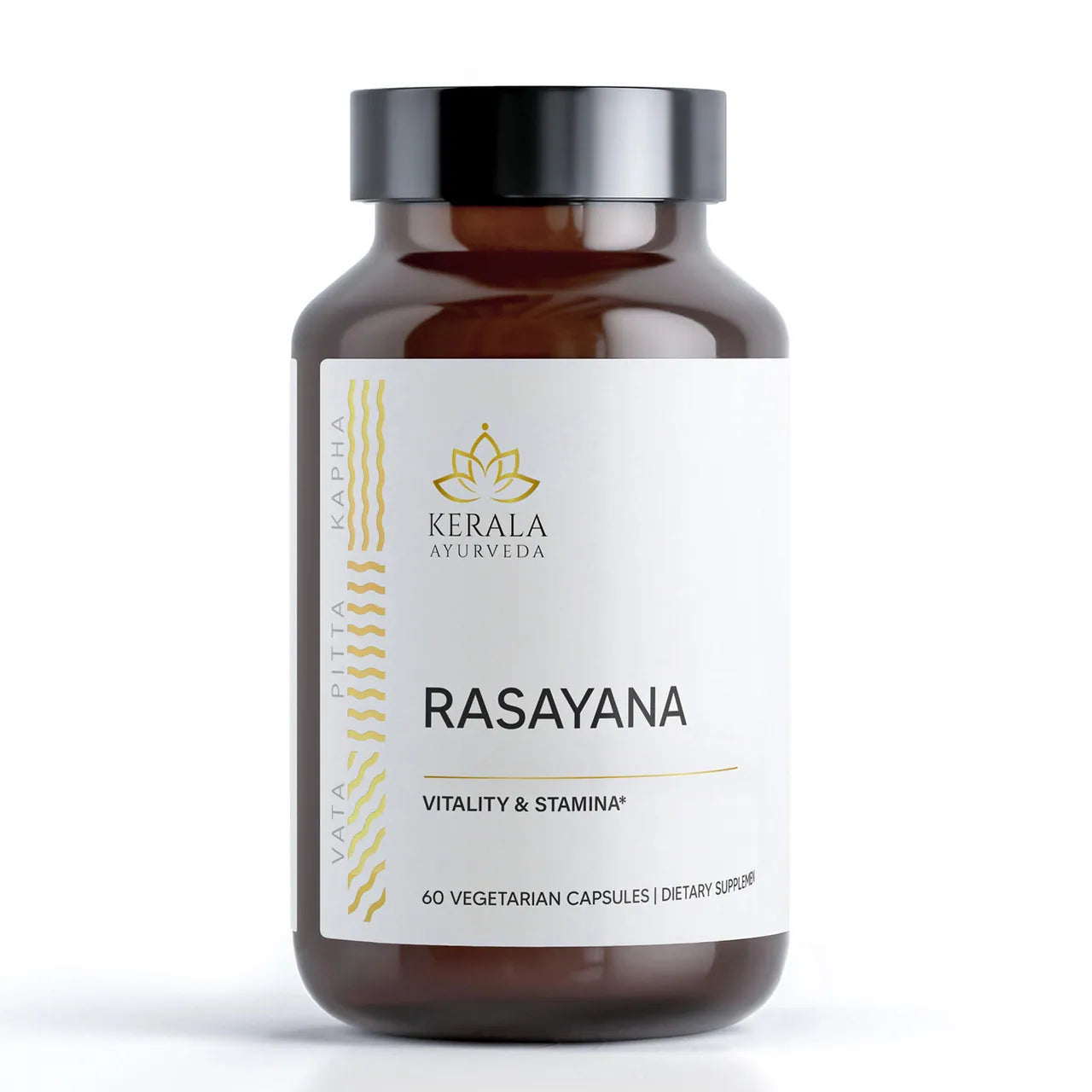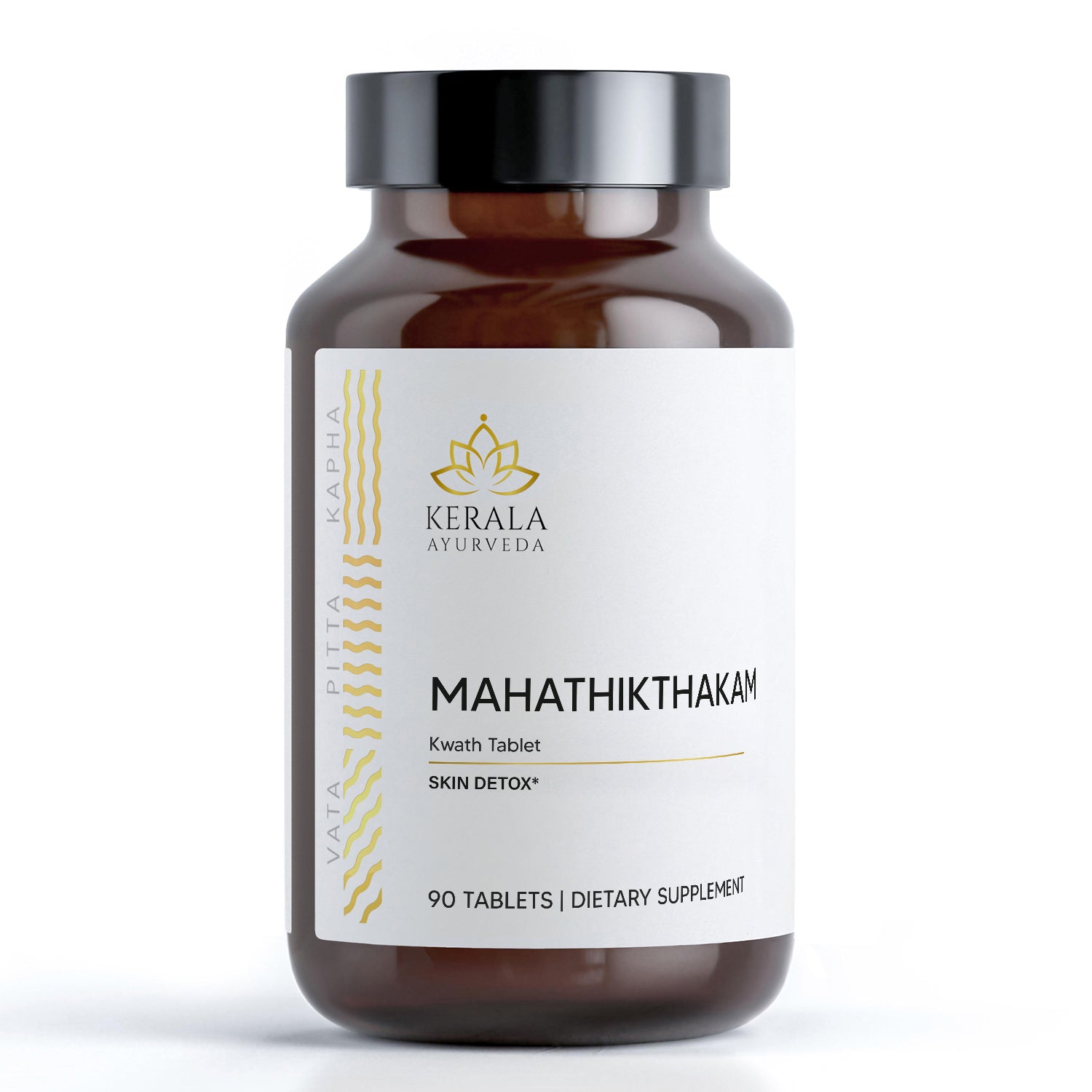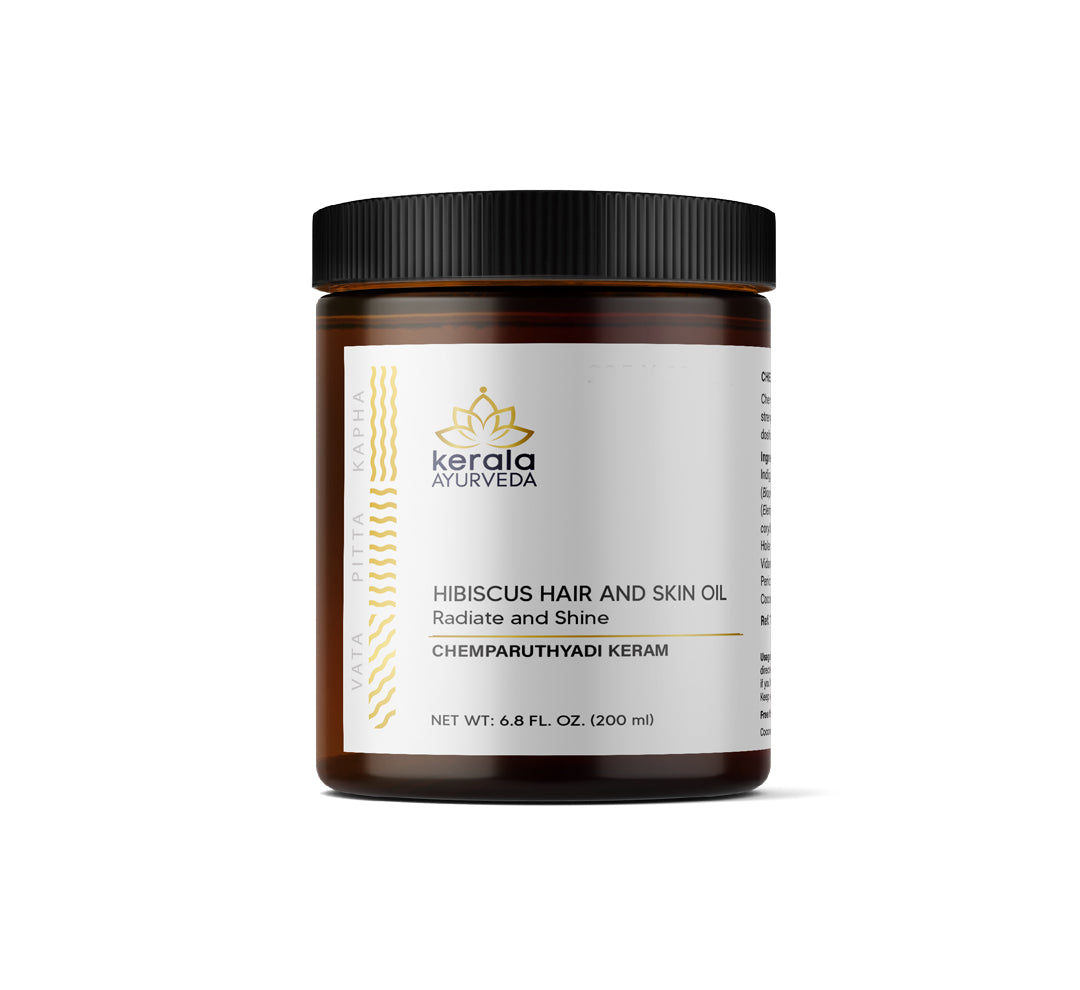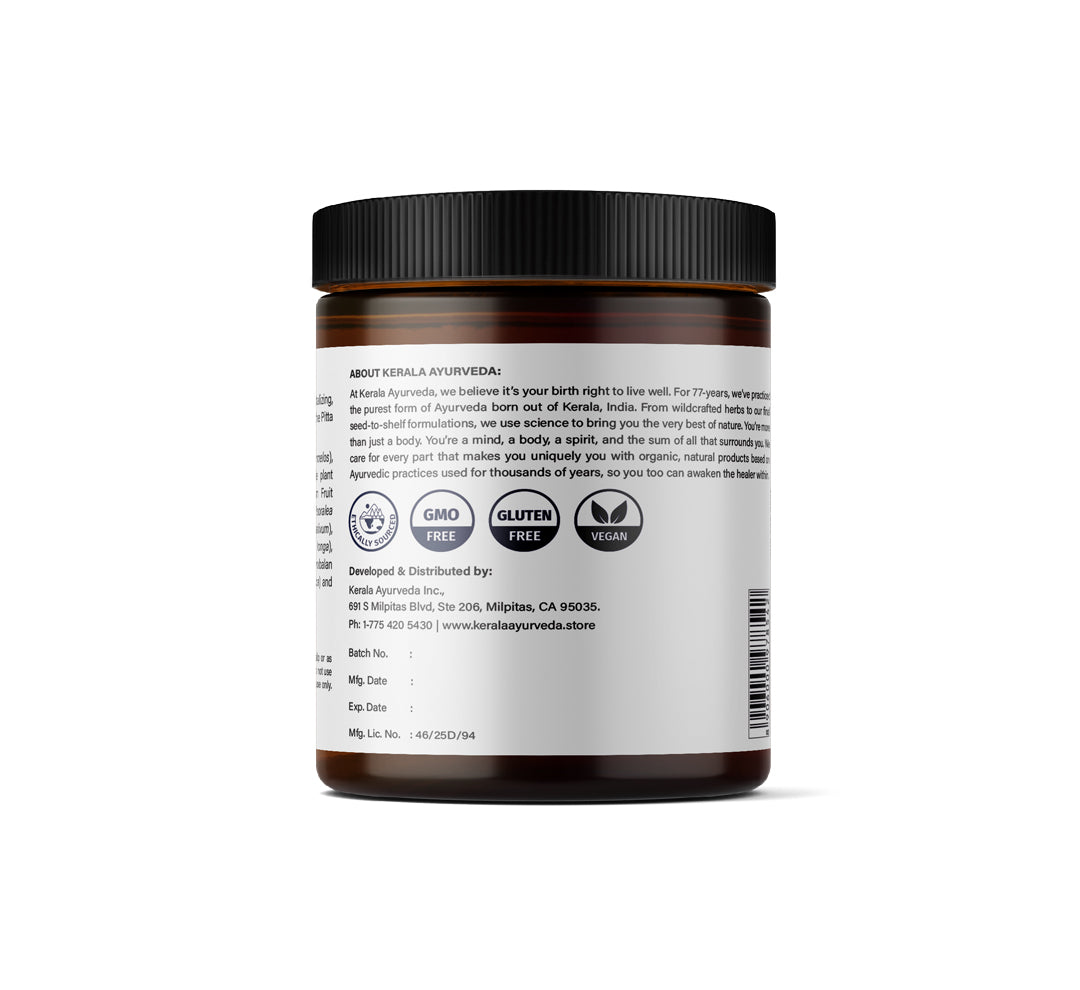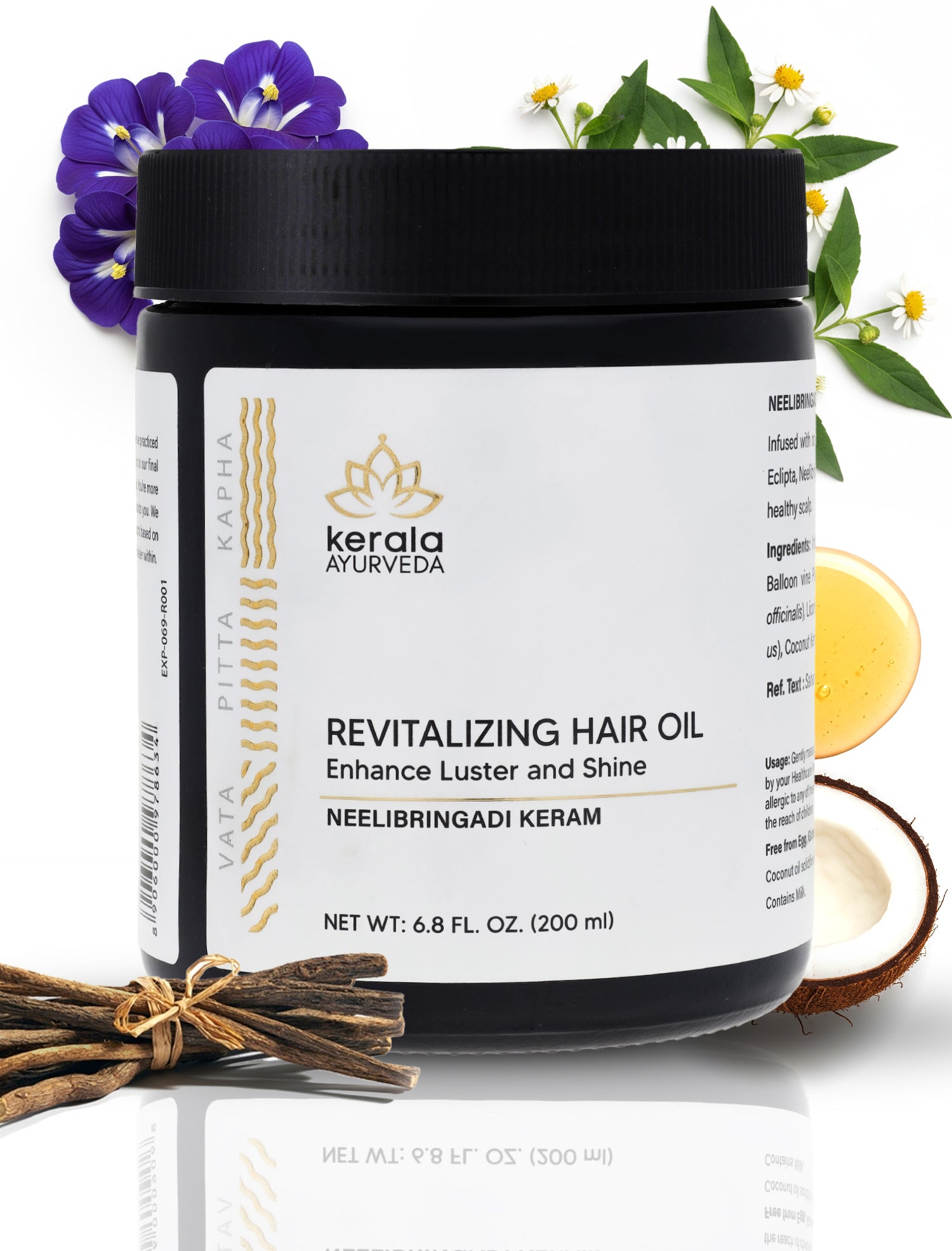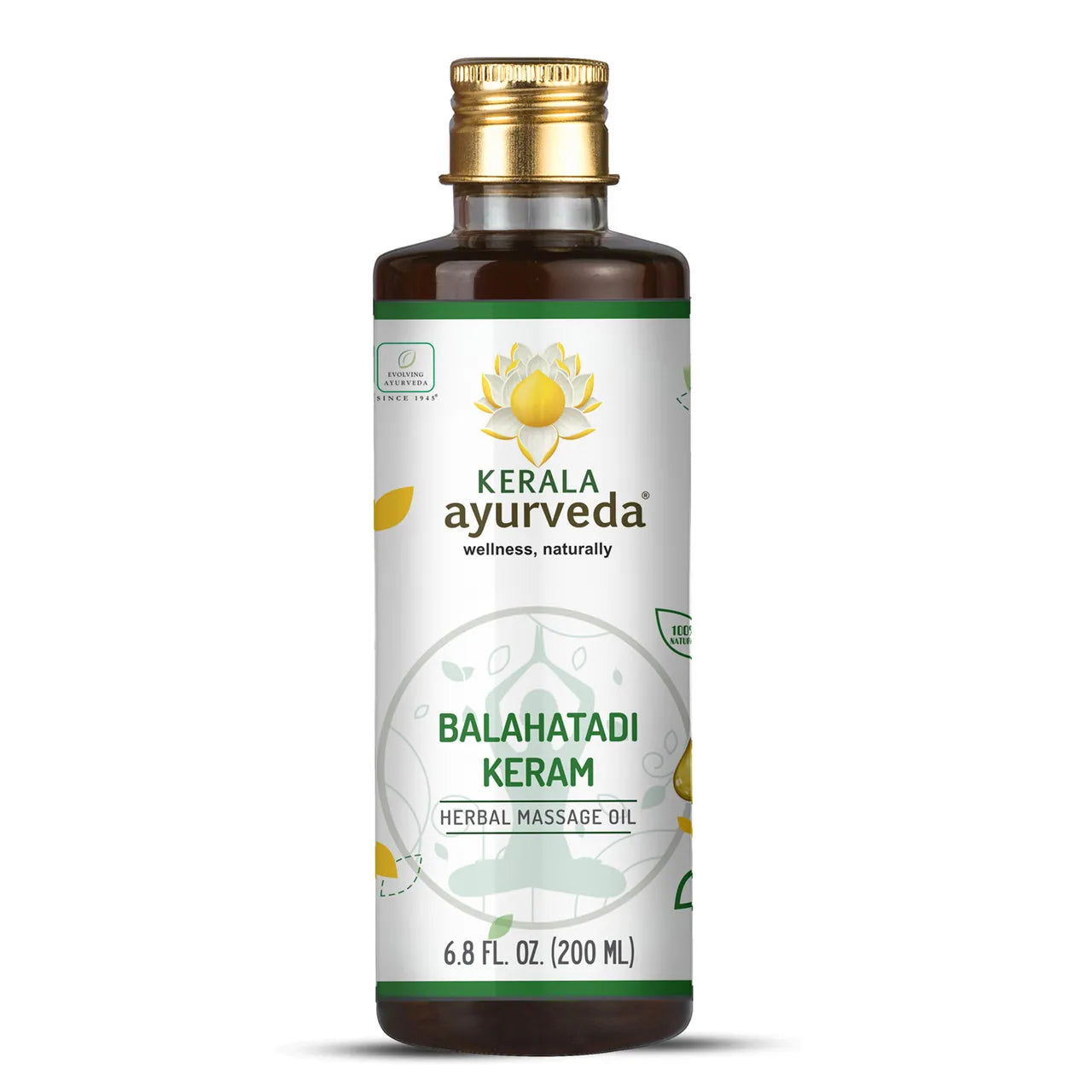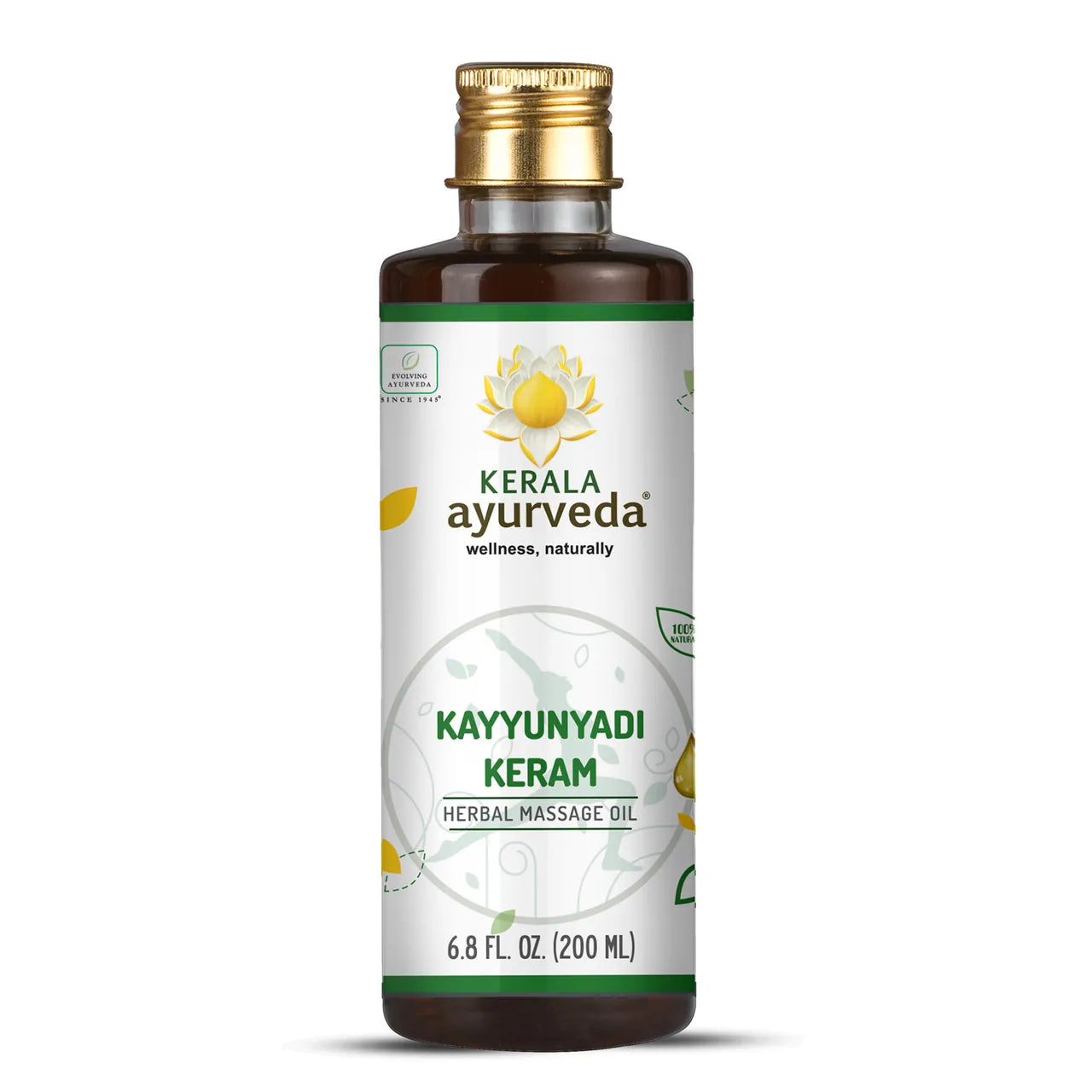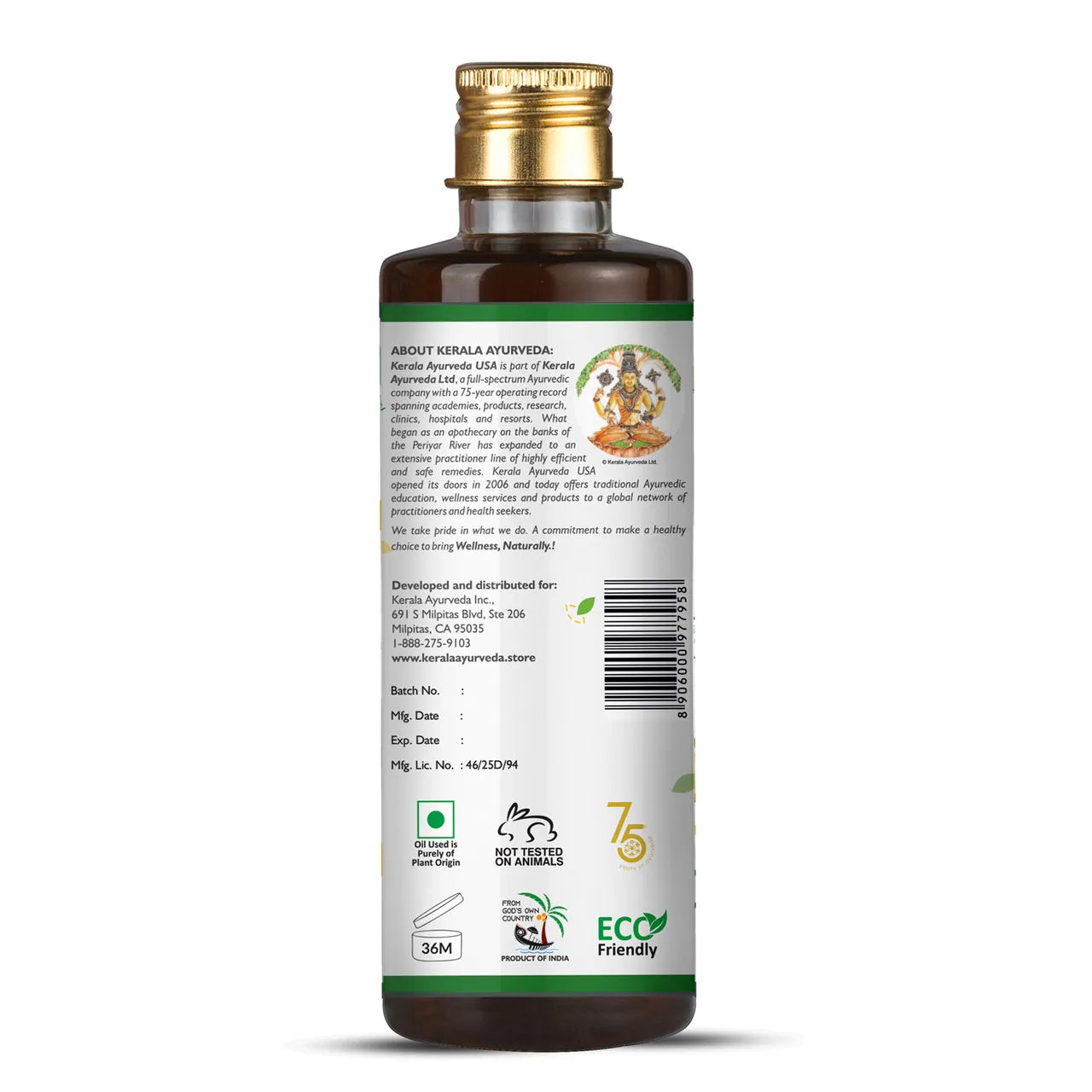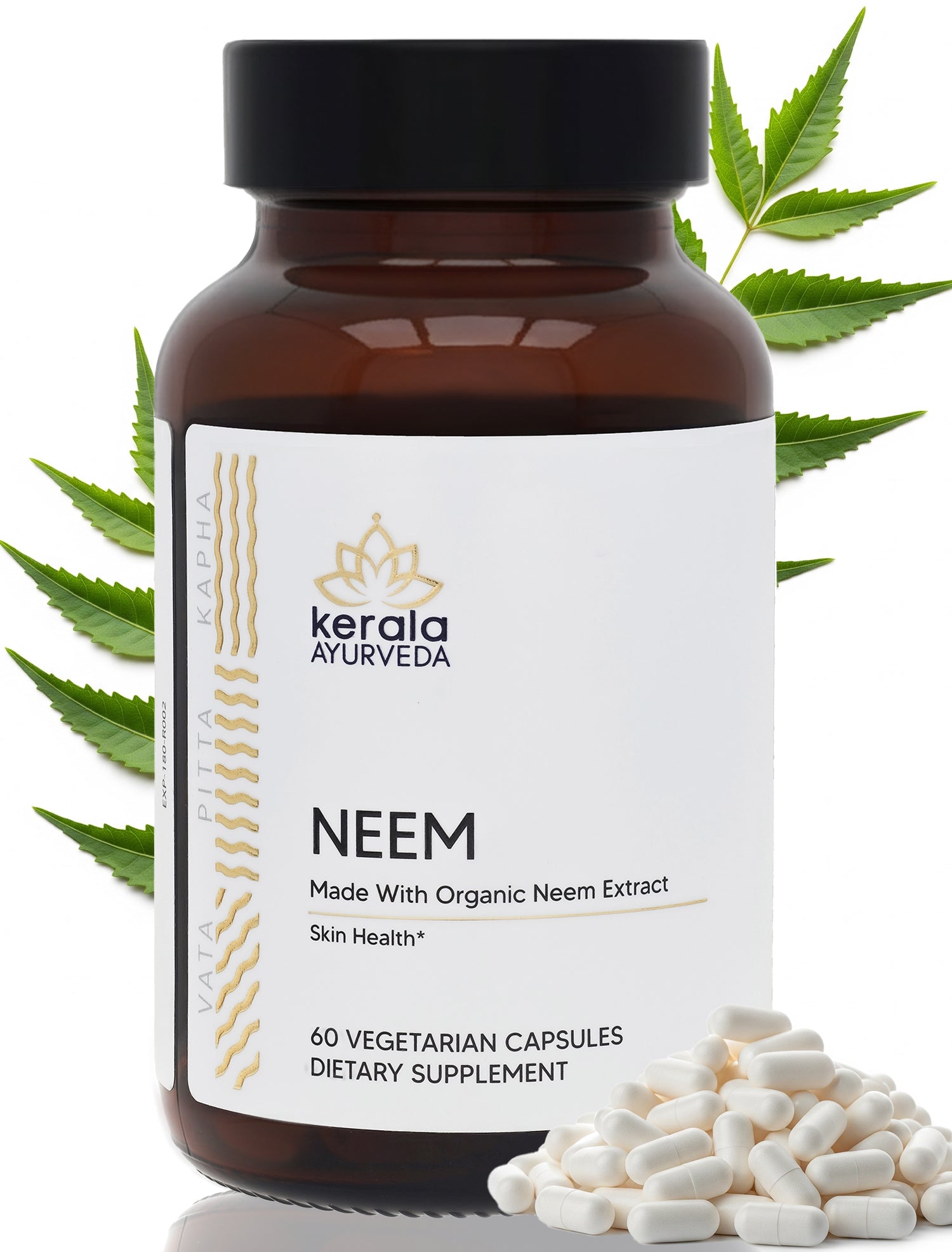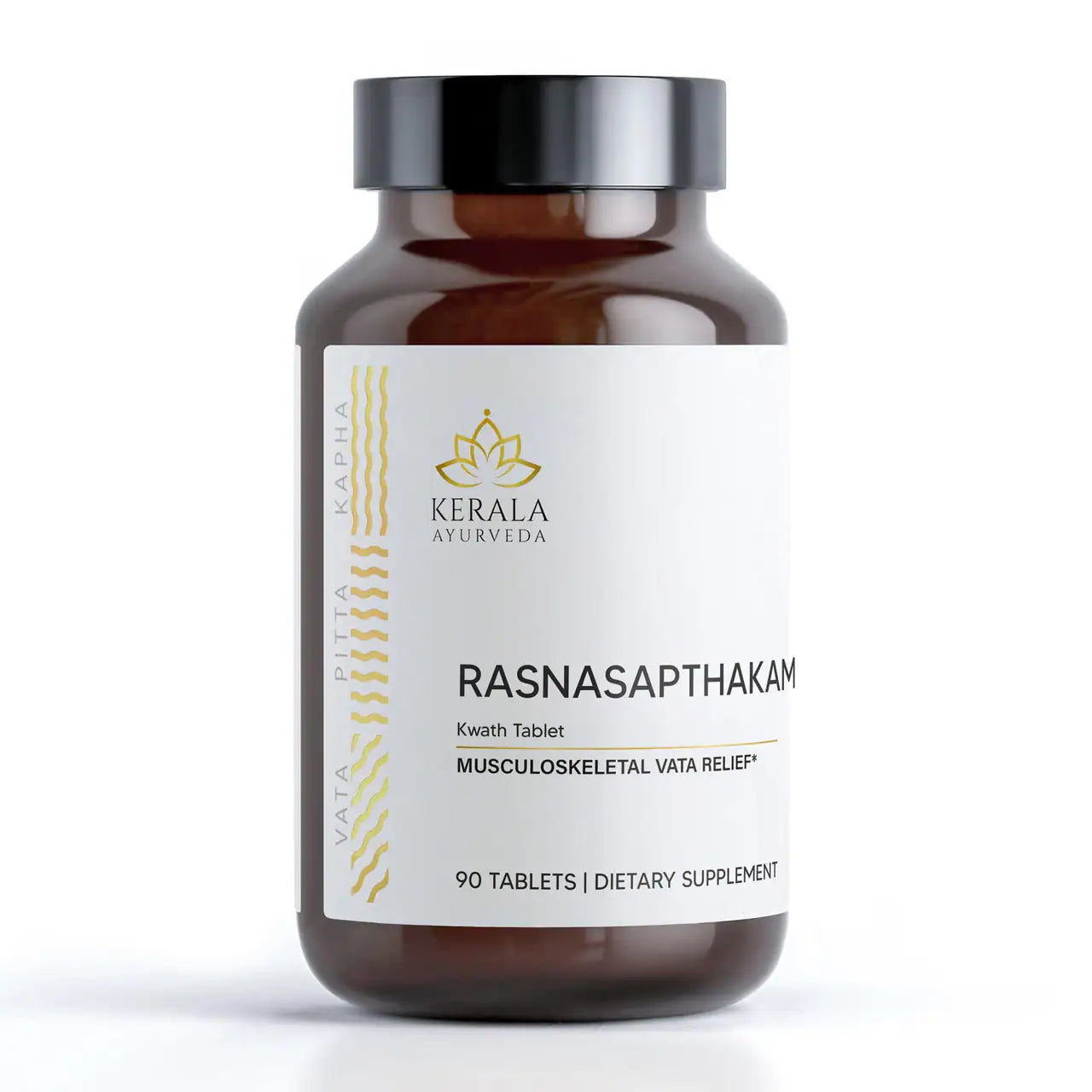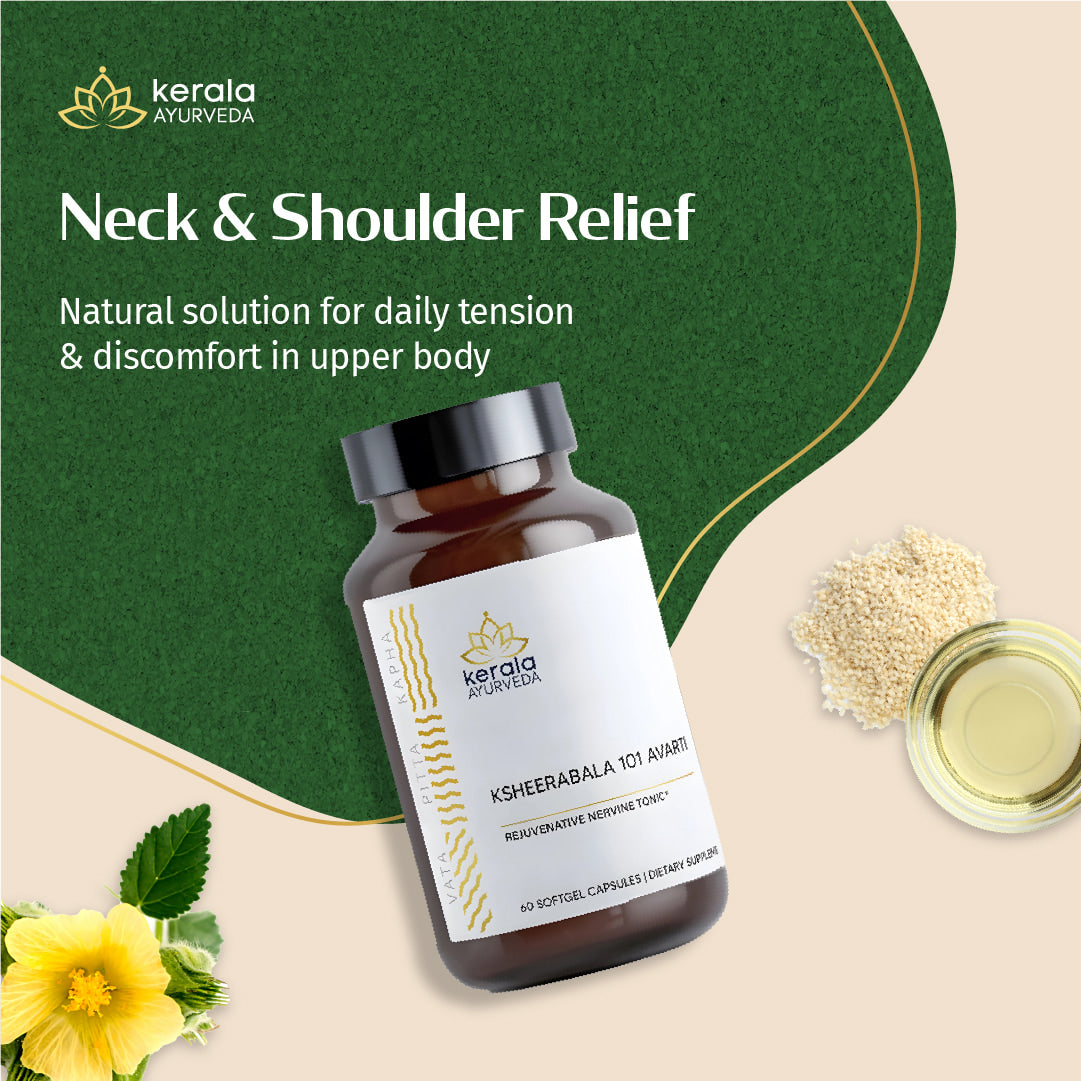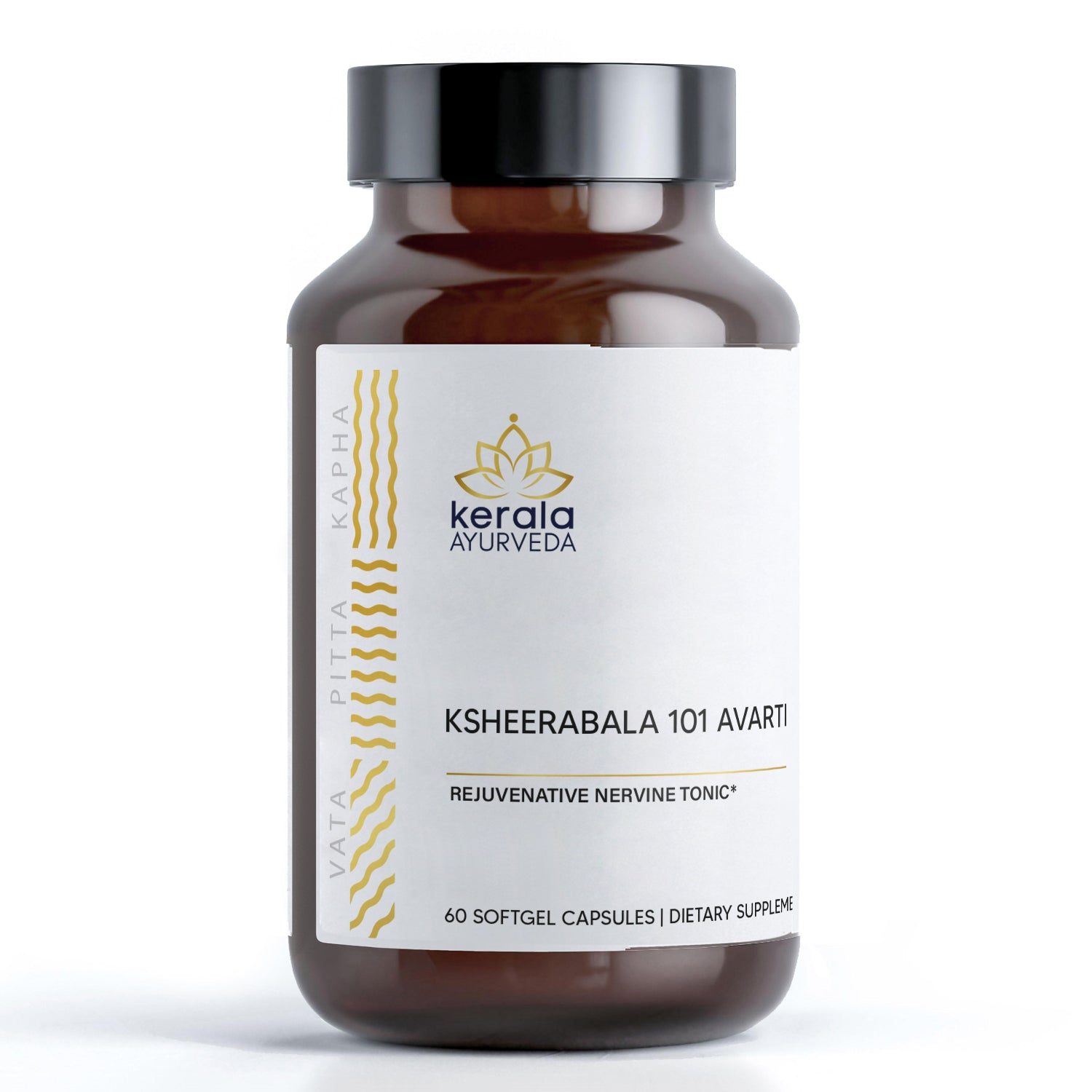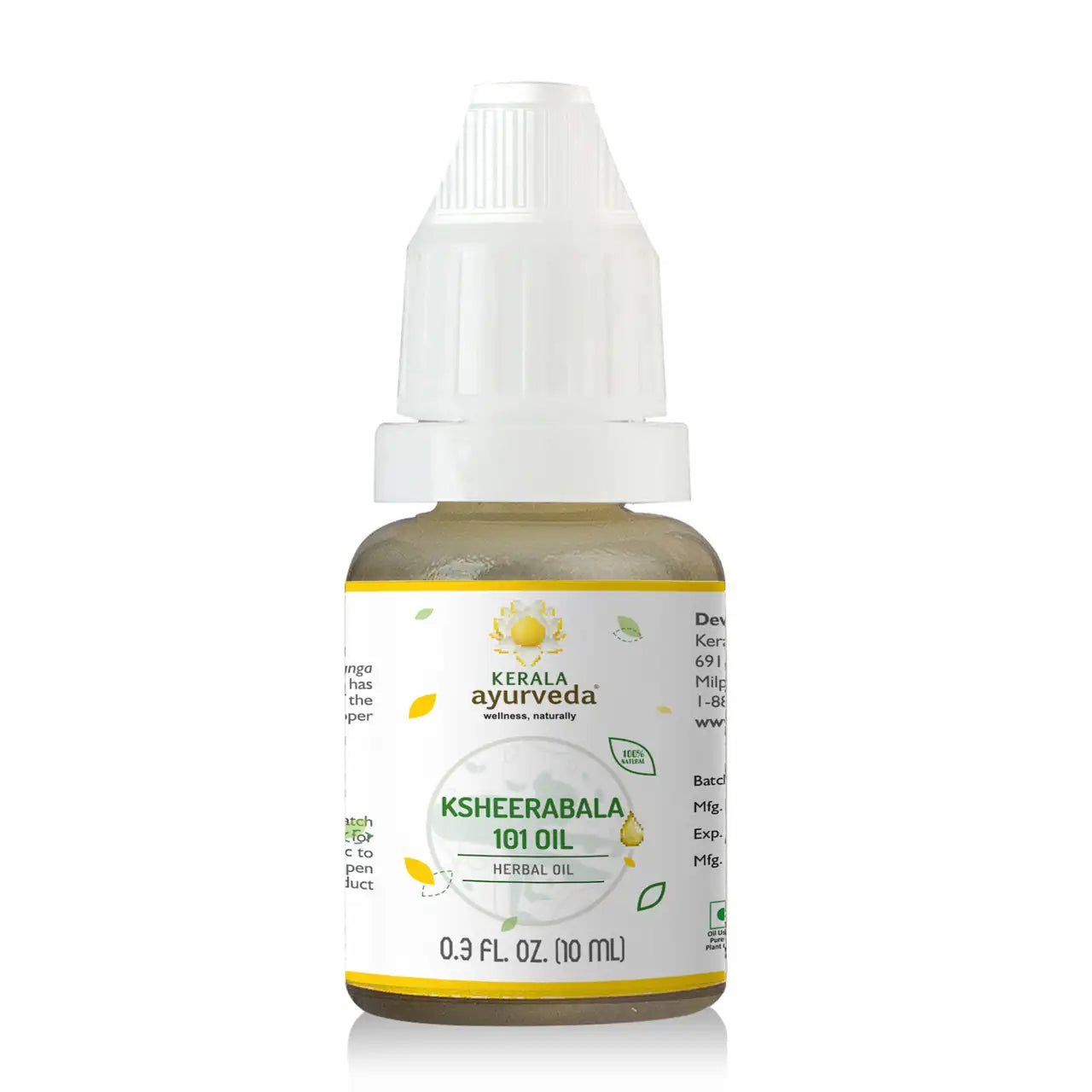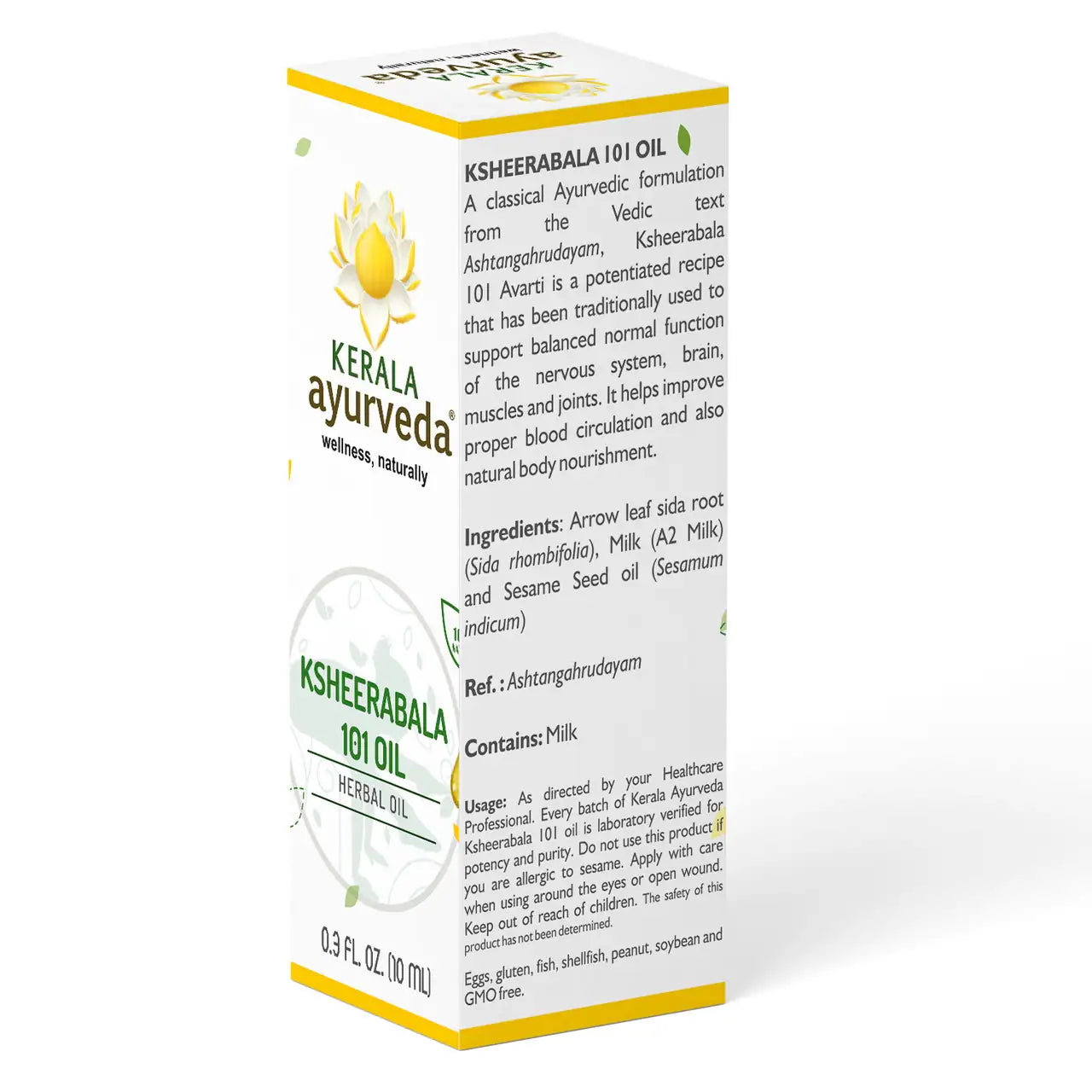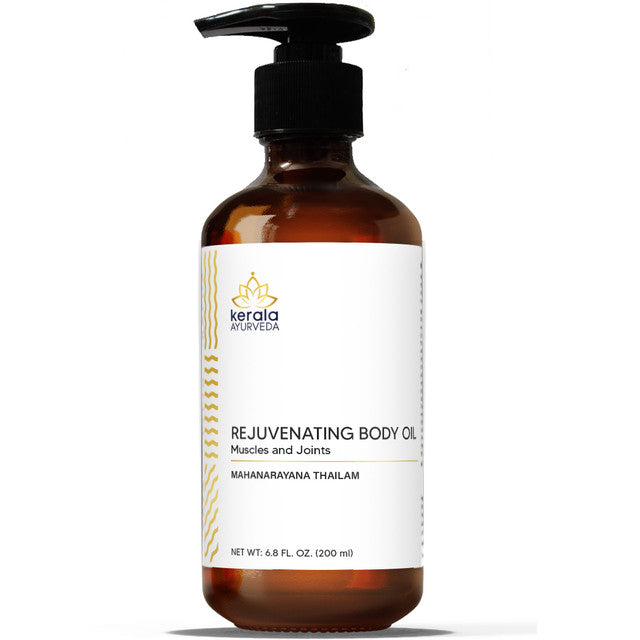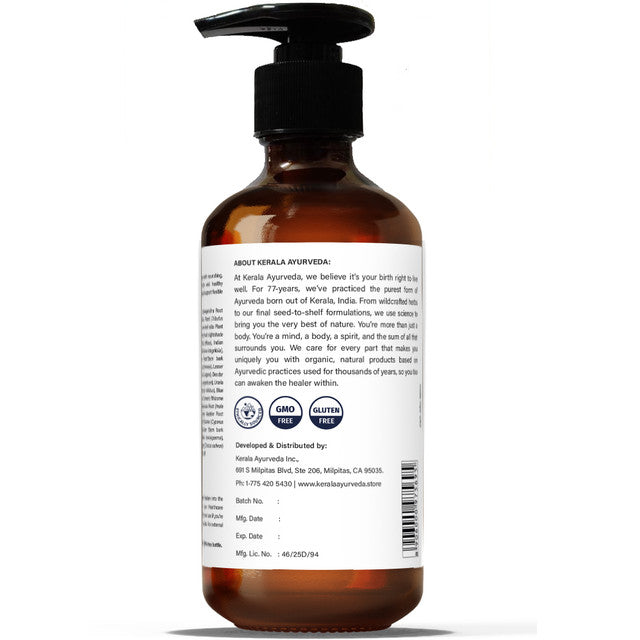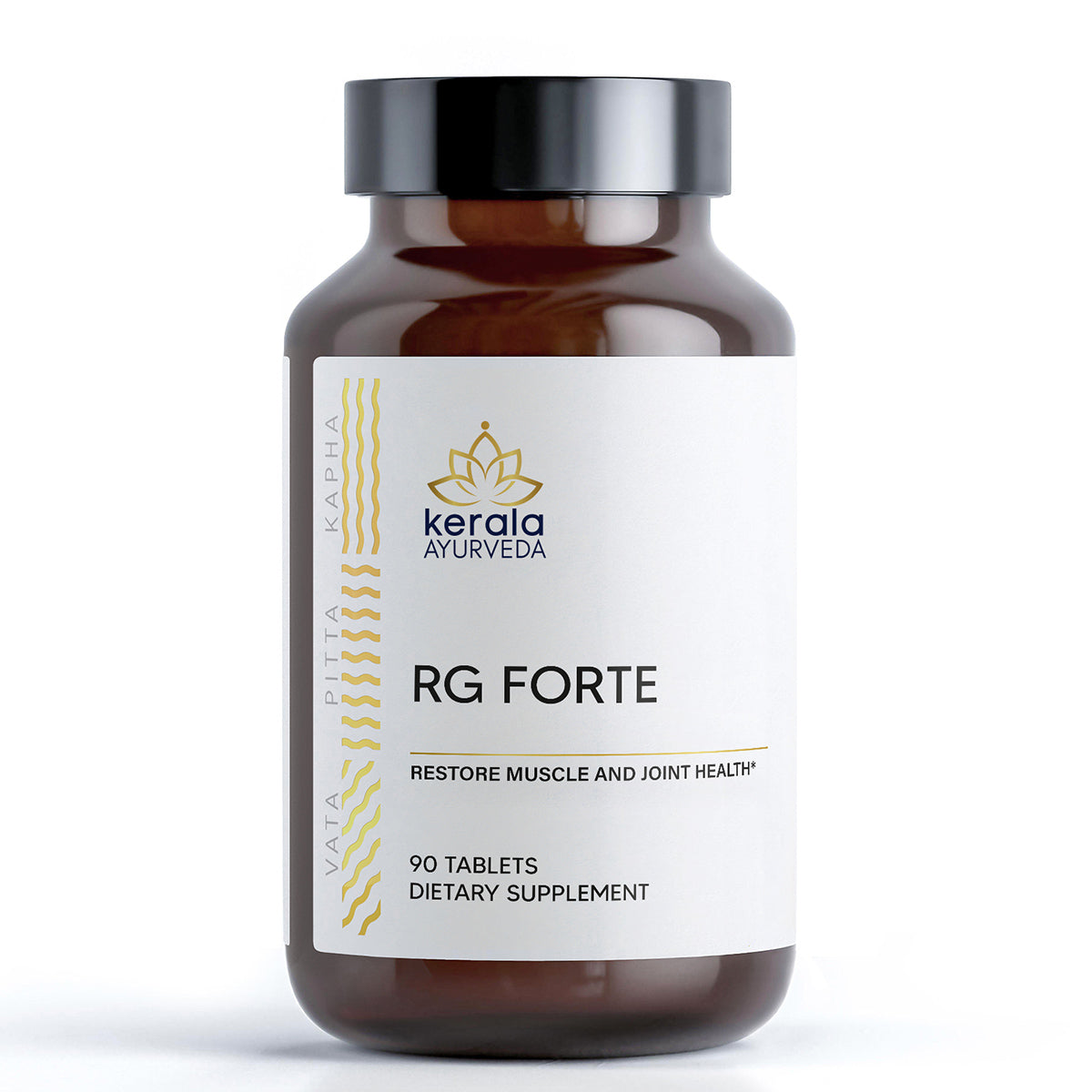Highlights
Oral health goes beyond just a nice smile and fresh breath; Ayurveda suggests it reflects the balance of three Doshas (Vata, Pitta, Kapha), and Agni in the body. When these factors are in harmony, the mouth stays clear of toxins and inflammation. Imbalances can cause issues like cavities, bleeding gums, bad breath, and sensitivity. Poor oral health can also contribute to broader health problems such as diabetes, heart issues, and respiratory issues. Let's look at a straightforward oral care routine for healthier teeth and a brighter smile!
What foods are best for gums and teeth according to Ayurveda?
A balanced diet, suited to one’s individual constitutions (Prakriti) and seasonal changes supports good oral health. It’s important to incorporate all the tastes or Rasas to achieve a balanced diet.
Sweet Taste: Strengthens teeth and gums. Choose natural sources of the sweet taste, avoiding refined sugars.
Examples: fruits, grains, milk, and honey.
Sour Taste: Enhances flavor but can erode enamel, so use in moderation.
Examples: citrus fruits, pickles, vinegar, sauerkraut, and buttermilk.
Salty Taste: Supports electrolyte balance when natural salts are consumed.
Examples: Himalayan salt, sea salt, mineral salts.
Bitter Taste: Prevents plaque and cavities.
Examples: leafy greens like spinach and kale, bitter gourd, turmeric, and neem.
Pungent Taste: Kills bacteria and freshens breath.
Examples: ginger, black pepper, chilis, and garlic.
Astringent Taste: Reduces swelling and sensitivity.
Examples: beans, lentils, apples, and pomegranates in moderation.
The Connection Between Digestive Fire and Dental Health
Maintaining a strong digestive fire through mindful eating, avoiding overconsumption, and following daily circadian rhythms is crucial. Opting for natural, freshly cooked foods, staying hydrated with room temperature or warm water, and practicing gratitude are key elements in fostering good Agni. This, in turn, promotes improved gum tissue health and remineralization.
Stop Tooth Erosion by Minimizing Processed Foods, Sugars, and Acids
Processed sugary foods can lead to dental problems such as cavities, bleeding gums, and decay. To maintain healthier teeth and gums, it's essential to limit the intake of acidic foods as well. This helps prevent enamel erosion, contributing to stronger teeth and overall dental health.

How Do I Clean My Teeth Using Ayurvedic Practices?
Here are simplified Ayurvedic practices for good oral care.
Get Cleaner, Whiter Teeth with Herbal Pastes and Powders
Replace regular toothpaste with natural alternatives containing active herbs like neem, liquorice, clove, cinnamon, turmeric, salt, or triphala powder. Brush or rub gently in circular motions on teeth and gums for 2-3 minutes after meals. Rinse with warm saline water or a triphala decoction for complete oral hygiene.
Detoxify Your Mouth with Tongue Scraping
After brushing in the morning, remember to tongue scrape to remove toxins, bacteria, and dead cells. This stimulates taste buds and boosts salivary glands. Use a copper or stainless-steel tongue scraper to gently clear the tongue with forward strokes for a couple of minutes. Follow this with oil pulling for a comprehensive oral care routine.
Nourish Gums with Oil Pulling
Oil pulling involves swishing oil (like sesame or coconut) in the mouth for 15-20 minutes, then spitting it out. For the best results, do it after morning brushing to counteract dehydration caused by brushing and protect the mucous membrane.
Caution: Avoid if you have an upset stomach, bloating, facial palsy, hemiplegia, stroke, respiratory diseases, or any neurological complication.
Arimedadi Mouthwash is a popular Ayurvedic formulation combining herbs like Arimeda, Khadira, Haritaki, Yashtimadhu, and Clove in sesame oil base. It offers antibacterial, anti-inflammatory, analgesic, and antiseptic properties, guarding teeth and gums against infections and toxins.

Which Ayurvedic Herbs Support Oral Health?
These five key Ayurvedic herbs play a vital role in promoting overall oral health.
Neem: The Arch-Nemesis of Germs
Antibacterial: Kills oral infection causing pathogens.
Anti-inflammatory: Reduces gum inflammation.
Usage: Take neem capsules or powder internally. Also, you can use neem twigs as a natural toothbrush alternative for a complete oral care routine.
Triphala: A potent blend of Amalaki, Haritaki, and Bibhitaki
Antioxidant: Fights oral bacteria, preventing bad breath.
Rejuvenating: Supports vitality of oral tissues.
Digestive Health: Supports digestion by normalizing peristalsis, indirectly benefiting oral health.
Usage: Include Triphala in your daily routine through capsules, powder, or herbal infusion for improved bowel movements. You can use Triphala powder while brushing and Triphala water for rinsing for a simple oral care routine.
Amalaki: A Warrior Against Oral Plaque and Tartar
Enhance oral health with vitamin C and antioxidants from Amalaki. Vitamin C is vital for building collagen, shaping gums, teeth, and oral tissues. It helps prevent gum diseases like gingivitis by supporting tissue repair and reducing inflammation. Include Amalaki by chewing the whole fruit or taking supplements as per your convenience.
Ayurvedic practices focus on a complete approach to oral health, linking the body and mind. By choosing a balanced diet, using herbal alternatives for oral care, and incorporating daily routines, one can support overall well-being.
Natural methods like tongue scraping and oil pulling, along with Ayurvedic herbs, enhance dental health. Neem, Triphala, and Amalaki are key players in preventing dental issues and promoting a healthy smile. Ayurveda offers a simple yet effective guide for maintaining vibrant oral health.




